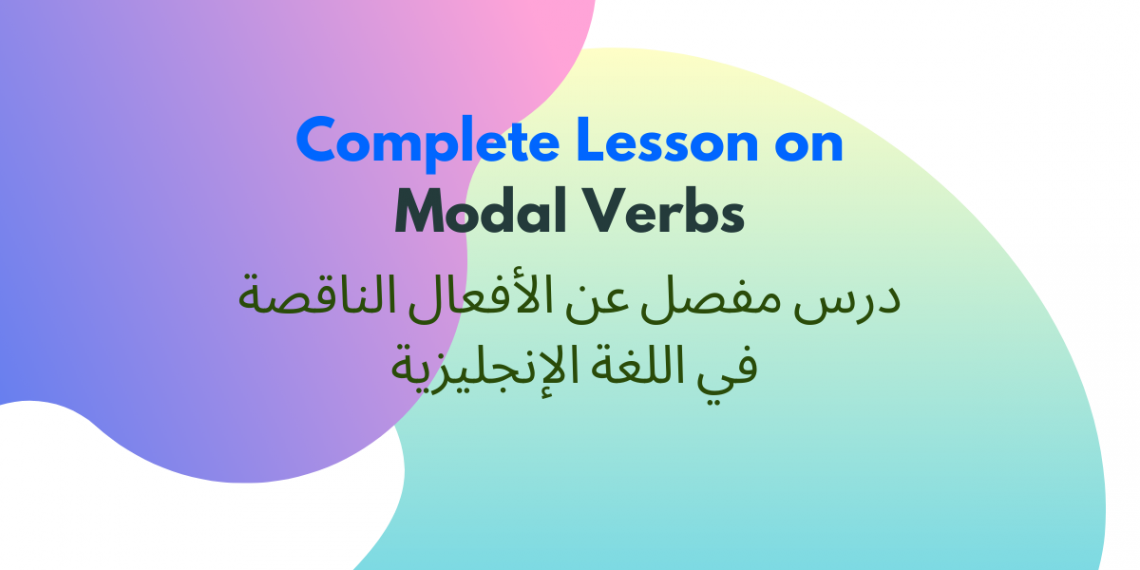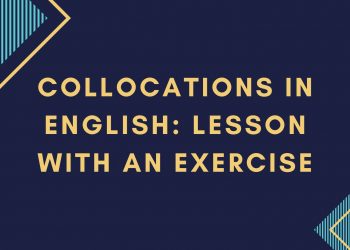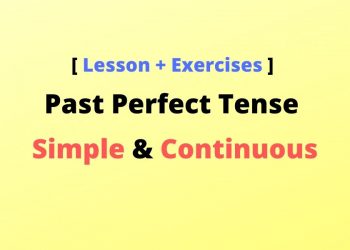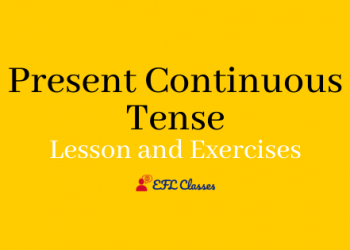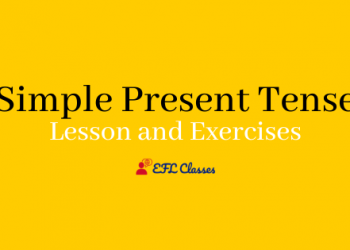Table of Contents
General Introduction: What Do We Mean by Modal Verbs?
According to many grammar books, modal auxiliary verbs (also can be called modal auxiliaries or modals) are irregular verbs that are completely different from normal verbs we use for our daily activities, like “eat”, “walk”, “drive” etc…
The list of modal verbs in English language is limited, but their functionalities in the language are numerous and sometimes can be confusing.
As its name may suggest, a modal auxiliary refers to the helping nature of its function with the verb that always follows it. In this lesson, we are going to discuss the wide range of communicative functions of modal verbs.
Different Communicative Functions of Modal verbs
Modal verbs refer to many communicative functions. Here is a comprehensive list of these functions:
| Ability | التعبير عن القدرة على فعل شيء ما |
| Permission | التعبير عن الإذن بفعل شيء ما |
| Obligation | الوجوب أو الإجبار على فعل شيء ما |
| Advice | تقديم النصيحة |
| Possibility / capability | الإمكانية |
| Probability | احتمال حدوث شيء ما |
| Lack of necessity | غياب الضرورة أو الحاجة لشيء ما |
| Necessity | التعبير عن أن شيء ما ضروري ومؤكد |
| Certainty / logical deduction | التعبير عن خلاصة منطقية أو أن شيء مؤكد ويقيني |
| Prohibition | التعبير عن المنع والتحريم. |
| Suggestion | التعبير عن الإقتراح |
| Request | التعبير عن طلب شيء ما |
Remember: There are 4 important particularities for modal verbs
- Modal verbs are never conjugated as normal verbs. They never take “-s” or “-es” of the third person singular in simple present. They never take “-ing” of the continuous form and the same with “-ed” of the past.
- In their negative form, we only add “not” to them.
- In their interrogative form, we always reverse them with the subject.
- They are always followed by the bare infinitive of the verb.
Complete List of Modal Verbs
| Modal Verb | Meaning | Expressing | Example |
| must | to have to | 100 % obligation | I must stop when the traffic lights turn red. |
| to be very probable | logical conclusion (deduction) | He must be very tired after such enormous work | |
| must not | not to be allowed to | prohibition | You must not smoke in the hospital. |
| can | to be able to | ability | I can swim |
| to be allowed to | permission | Can I use your phone please? | |
| it is possible | possibility | Smoking can cause cancer ! | |
| could | to be able to | ability in the past | When I was younger I could stay up all night and not get tired.. |
| to be allowed to | more polite permission | Excuse me, could I just say something? | |
| it is possible | possibility | It could rain tomorrow! | |
| may | to be allowed to | permission | May I use your phone please? |
| it is possible, probable | possibility, probability | It may rain tomorrow! | |
| might | to be allowed to | more polite permission | Might I use your phone please? |
| it is possible, probable | weak possibility, probability | I might come and visit you in America next year, if I can save enough money. | |
| need | necessary | necessity | Need I say more? |
| need not | not necessary | lack of necessity/absence of obligation | I need not buy any tomatoes. There are plenty in the fridge. |
| should/ought to | used to say or ask what is the correct or best thing to do | 50 % obligation | I should / ought to see a doctor. I have a terrible headache. |
| to suggest an action or to show that it is necessary | advice | You should / ought to revise your lessons | |
| to be very probable | logical conclusion (deduction) | He should / ought to be very tired after such enormous work | |
| had better | to suggest an action or to show that it is necessary | advice | You ‘d better revise your lessons |
Courtesy from myenglishpage.com
Modal Verbs and their Communicative Functions in the Past
We can use modal verbs in the past in different ways and for different communicative functions.
Structurally, we use the modals might/may/could/should/must/would + have + the past participle of the verb.
Remember: the modal verbs + have can be contracted to the following:
Might have == might’ve
May have == may’ve
Could have == could’ve
Should have == should’ve
Must have == must’ve
Would have == would’ve
Major uses of modals in the past
#1 Use might / may have + past participle to speculate about the past.
Example 1: She might have been busy.
Example 2: She might have eaten some rotten food. That’s why she is vomiting.
#2 use could have + past participle to talk about ability / capability in the past
Example 1: I could have become a professional footballer but I broke my leg.
Example 2: you could have succeeded in your exam if you had worked harder.
#3 use must have + past participle to talk about what you believe is certain (about the past)
Example: She must have missed her train.
Example: where are my keys? I must have left them in the kitchen.
#4 use should have + past participle to talk about past mistakes, recommendations and criticism about the past.
Example: you should have been here an hour ago.
#5 use would have + past participle to talk about past possibilities and their consequences.
Example: I would have become a doctor if I had passed my exams successfully.
Example: I would have been here an hour ago but I missed my train.
Remember: All these modal verbs can take the negative form.

